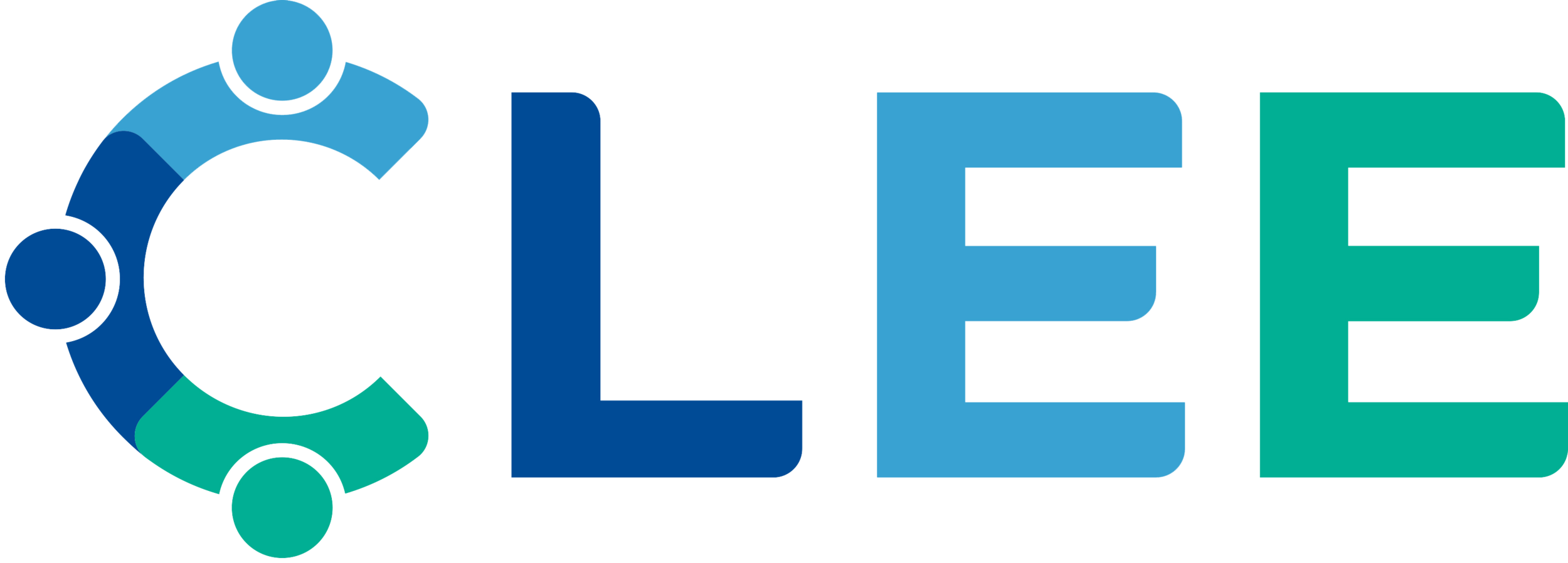What are you Reading?: Talking Racial Justice in Education, Solidarity and Radical Ideas with TC’S Bettina Love
Bettina Love (Photo: TC Archives)
I am inspired to share a few of my favorite quotes from this interview:
“Anti-Blackness is not bigger than Blackness. Never question your genius, your humanity, your intelligence, your beauty. Never question it.” - Bettina Love, with words of encouragement for Black students.
This powerful quote is highlighted in the interview by author Sherri Gardner with Bettina Love, professor and racial justice scholar. This interview is an important read for everyone. For people who identify as Black, Indigenous, and/or People of Color, it is a reflection on the experience of moving through a conventional world inflected and organized by white supremacy. For everyone who wants to understand what it means to struggle and succeed, and what the future holds for us as we struggle together, it is a thoughtful and incisive conversation about what it feels like to push for equity in our communities and society.
“The thing about that keeps me hopeful is that whatever Black folks come up with…to change this nation, it will be for everyone. At the end of the day, we will make this country better, because we've always thought about ways to make this country better.”
It reminds me of one of my favorite books by W.E.B. Du Bois where he explains to readers the contributions of Black people to the development of our country, in particular during the era after the Civil War where there was opportunity to imagine new ways of being for our economy and political structures. The original title of the book was going to be [The] Black Reconstruction [of Democracy] in America though the White publishers shortened it to Black Reconstruction in America, fearful that the original title was too bold for the public, and hiding the radical and successful institutions Black people built that are a model for all of us who cherish democracy. Bettina Love reminds us that in the 21st century we must remain vigilant to highlight and learn about the contributions of Black people as much as others to the development of our country and society.
- by Ben Doren, CLEE Continuous Improvement Coach
“The best answer I have is to organize. Parents and teachers and students and folks who believe in justice, believe that teaching Black history is teaching American history, we have to be organized…”
This last quote is the clear direction for all of us who know equity is the guiding principle for our work for justice in our communities and in our schools. It is only if we organize in solidarity that we will succeed together, for all of us. I am humbled to be reminded that organizing is hard work, but it is also the essential work we must commit to doing as educators who seek equity.


